A century of preserved fish specimens offers rare glimpse into long-term trends in fish parasite populations
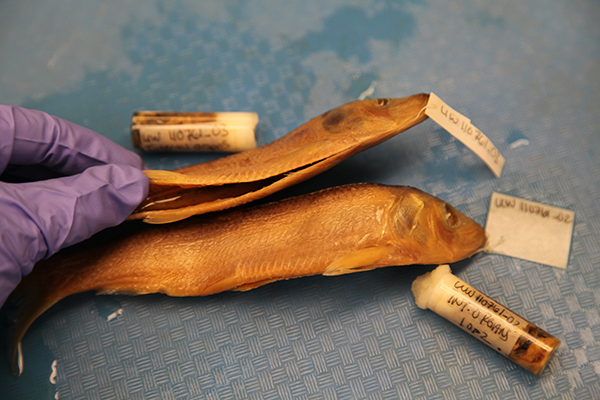
New research from the University of Washington (UW) shows that fish parasites plummeted from 1880 to 2019, a 140-year stretch when Puget Sound – their habitat and the second-largest estuary in the mainland United States – warmed significantly.
The study, which was published in the Proceedings of the National Academy of Sciences, is the world’s largest and longest dataset of wildlife parasite abundance. It suggests that parasites may be especially vulnerable to a changing climate.
“People generally think that climate change will cause parasites to thrive, that we will see an increase in parasite outbreaks as the world warms,” said Chelsea Wood, lead author and a UW associate professor of aquatic and fishery sciences. “For some parasite species that may be true, but parasites depend on hosts, and that makes them particularly vulnerable in a changing world where the fate of hosts is being reshuffled.”
While some parasites have a single host species, many parasites travel between host species. Eggs are carried in one host species, the larvae emerge and infect another host and the adult may reach maturity in a third host before laying eggs.
For parasites that rely on three or more host species during their lifecycle – including more than half the parasite species identified in the study’s Puget Sound fish – analysis of historic fish specimens showed an 11 percent average decline per decade in abundance. Of 10 parasite species that had disappeared completely by 1980, nine relied on three or more hosts.
“Our results show that parasites with one or two host species stayed pretty steady, but parasites with three or more hosts crashed,” said Wood. “The degree of decline was severe. It would trigger conservation action if it occurred in the types of species that people care about, like mammals or birds.”
Wood said that the result is “worrying news” for ecosystems: “Parasite ecology is really in its infancy, but what we do know is that these complex-lifecycle parasites probably play an important role in pushing energy through food webs and in supporting top apex predators.”
The study focused on eight species of fish that are common in the behind-the-scenes collections of natural history museums. Most came from the UW Fish Collection at the Burke Museum of Natural History and Culture. The authors carefully sliced into the preserved fish specimens and then identified and counted the parasites they discovered inside before returning the specimens to the museums. Wood’s study is among the first to use a new method for resurrecting information on parasite populations of the past.
To explain the parasite declines, the authors considered three possible causes: how abundant the host species was in Puget Sound; pollution levels; and temperature at the ocean’s surface. The variable that best explained the decline in parasites was sea surface temperature, which rose by 1 degree Celsius (1.8 degrees Fahrenheit) in Puget Sound from 1950 to 2019.
“Our result draws attention to the fact that parasitic species might be in real danger,” Wood said. “And that could mean bad stuff for us – not just fewer worms, but less of the parasite-driven ecosystem services that we’ve come to depend on.”
Follow the Advocate on Twitter @GSA_Advocate
Now that you've reached the end of the article ...
… please consider supporting GSA’s mission to advance responsible seafood practices through education, advocacy and third-party assurances. The Advocate aims to document the evolution of responsible seafood practices and share the expansive knowledge of our vast network of contributors.
By becoming a Global Seafood Alliance member, you’re ensuring that all of the pre-competitive work we do through member benefits, resources and events can continue. Individual membership costs just $50 a year.
Not a GSA member? Join us.
Author
Tagged With
Related Posts
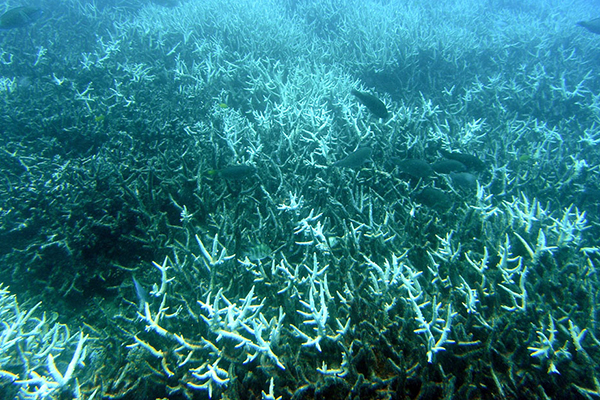
Responsibility
Study: 2021 breaks record for hottest ocean temperature
New research shows the ocean temperature in 2021 was the hottest ever recorded by humans, and the effects of ocean warming are "far-reaching."
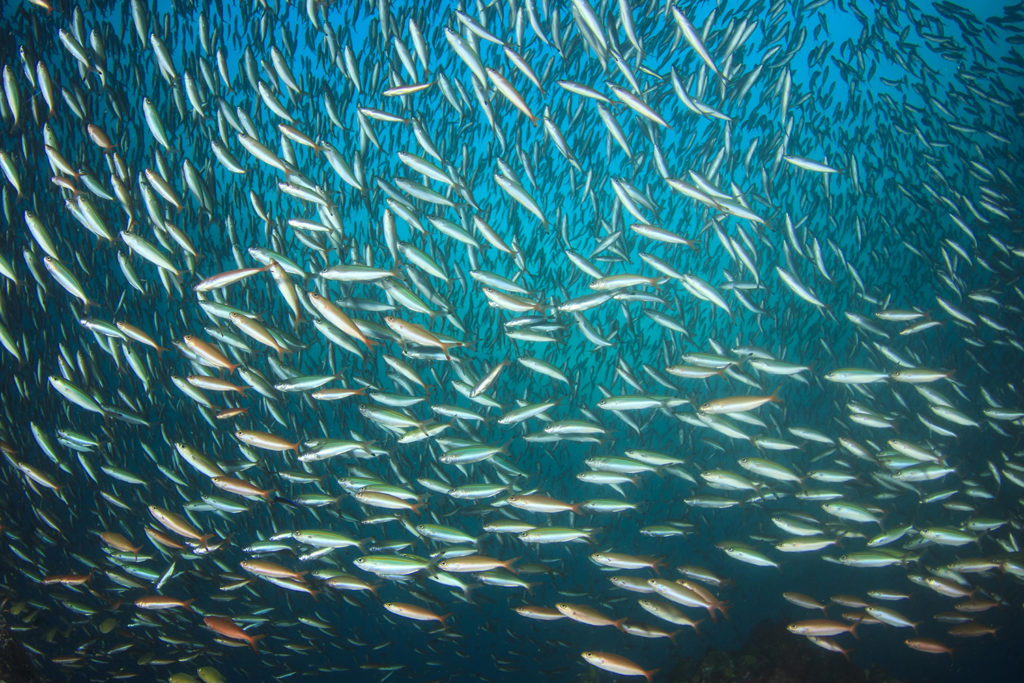
Responsibility
Study: Climate change will shuffle marine ecosystems in unexpected ways as ocean temperature warms
A study found that, as the ocean temperature warms, fish will continue to exist in certain areas but are not likely to be as abundant.
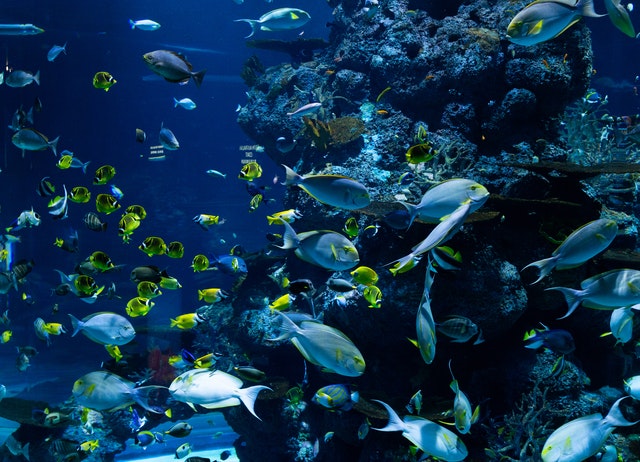
Health & Welfare
With warming waters, will fish suffer from oxygen deprivation?
A new study has found that larger fishes are more likely to experience oxygen deficiency in warming water than smaller species.
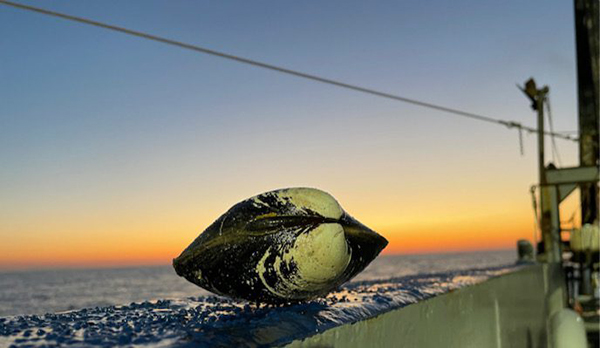
Responsibility
Study: Rapid ocean warming in the Gulf of Maine reverses 900 years of cooling
A new study found rapid ocean warming in the Gulf of Maine has reversed 900 years of cooling, with consequences for the ecosystem and fisheries.



